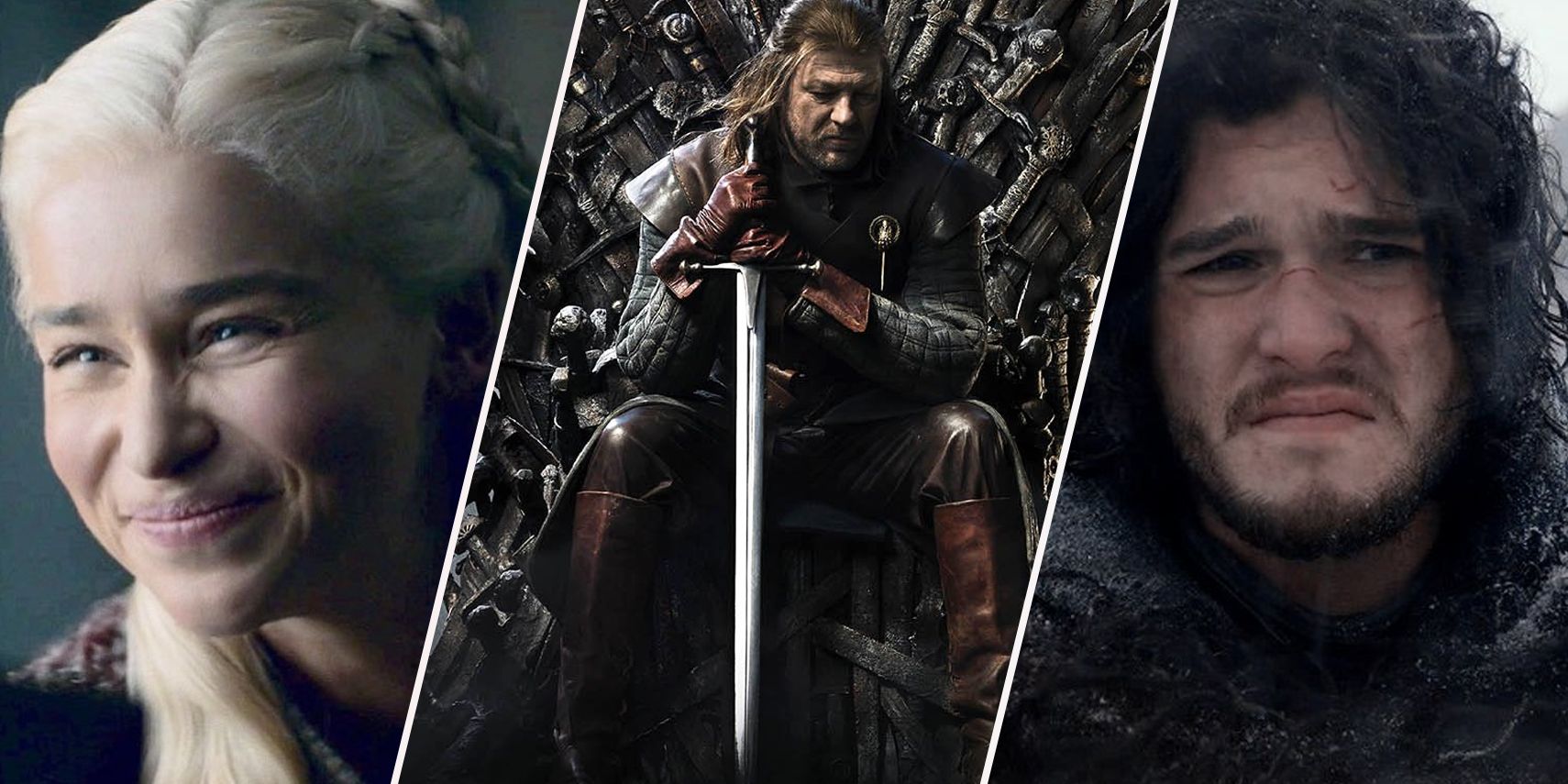
For good and (mostly) bad, there will never be another show like Game Of Thrones. What once was the most critically acclaimed high fantasy ever became a punchline, thanks to an infamously botched final season that tanked a decade's worth of goodwill in six episodes.
Unsurprisingly, a lot of things in this adaptation of George R. R. Martin's A Song Of Fire & Ice did not age well. In fact, some of its aspects actively got worse when put under the lens of retrospective analyses and examination.
10 The Long Night Barely Lasted One Night
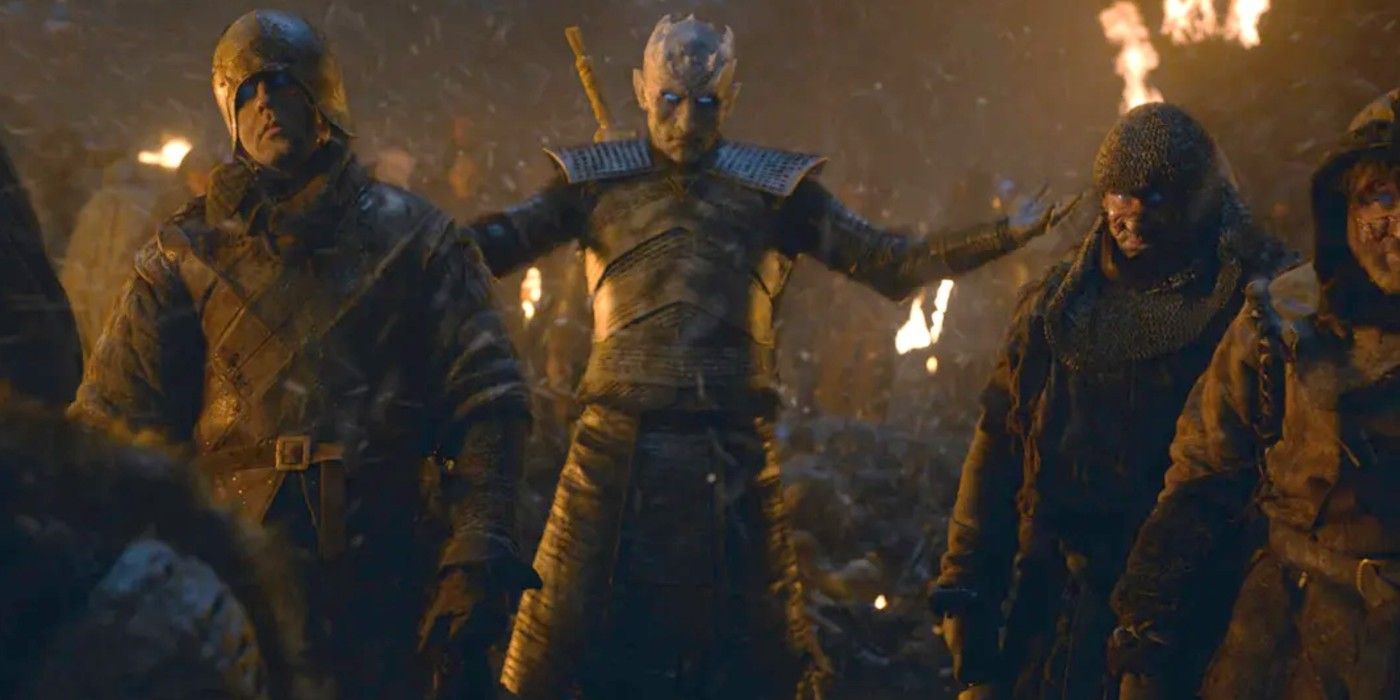
Since the very first episode, grave warnings of the coming Winter and the Night King's invasion were heard with an ever-increasing sense of dread and urgency. This paid off in Season 8, where the Long Night finally came and humanity made its last stand at Winterfell. Too bad the Long Night lasted less than a full day.
To say that the Long Night, especially with years of build-up behind it, was a waste would be an understatement. Worse, close to nothing about the Night King and his origins properly tied to the characters' arcs and histories. Instead of an ominous existential threat, Winter came across as a nuisance that everybody knew of, but were too lazy to do anything about.
9 Dorne Became One Of The Most Useless Kingdoms In All Fantasy Fiction
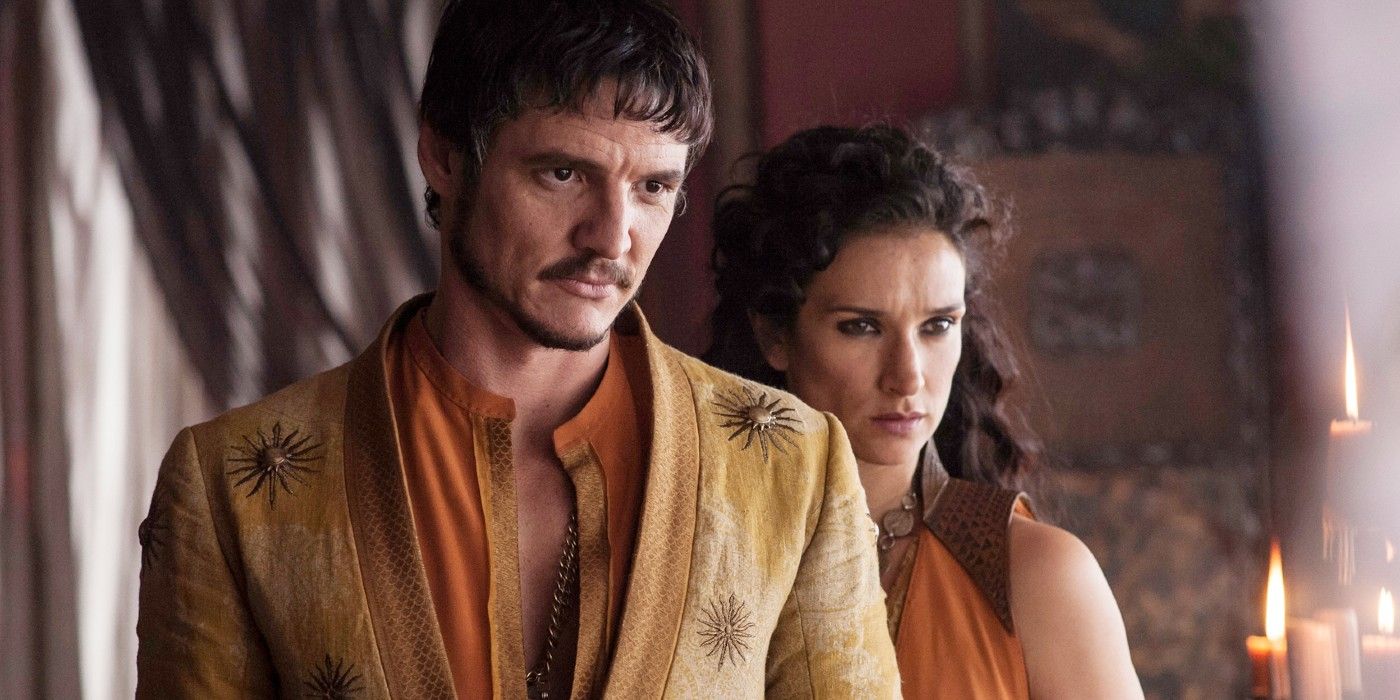
In the books, Dorne was a powerful nation known for its independence and progressive cultures and laws, especially when compared to the other six kingdoms. In the series, Dorne is a forgettable kingdom that popped up late into the story that's only remembered for Pedro Pascal, his gory death, and getting quickly eradicated in Season 8.
Saying that Dorne, House Martell, and the Sand Snakes got the shortest ends of the stick is putting it lightly, since their lack of impact on the story and off-handed elimination became memes of their own. Instead of being celebrated for its freedom or passion, Dorne is now laughed at for being one of the most ineffectual factions ever seen in the fantasy genre.
8 The Favoritism For House Lannister Was Painfully Obvious
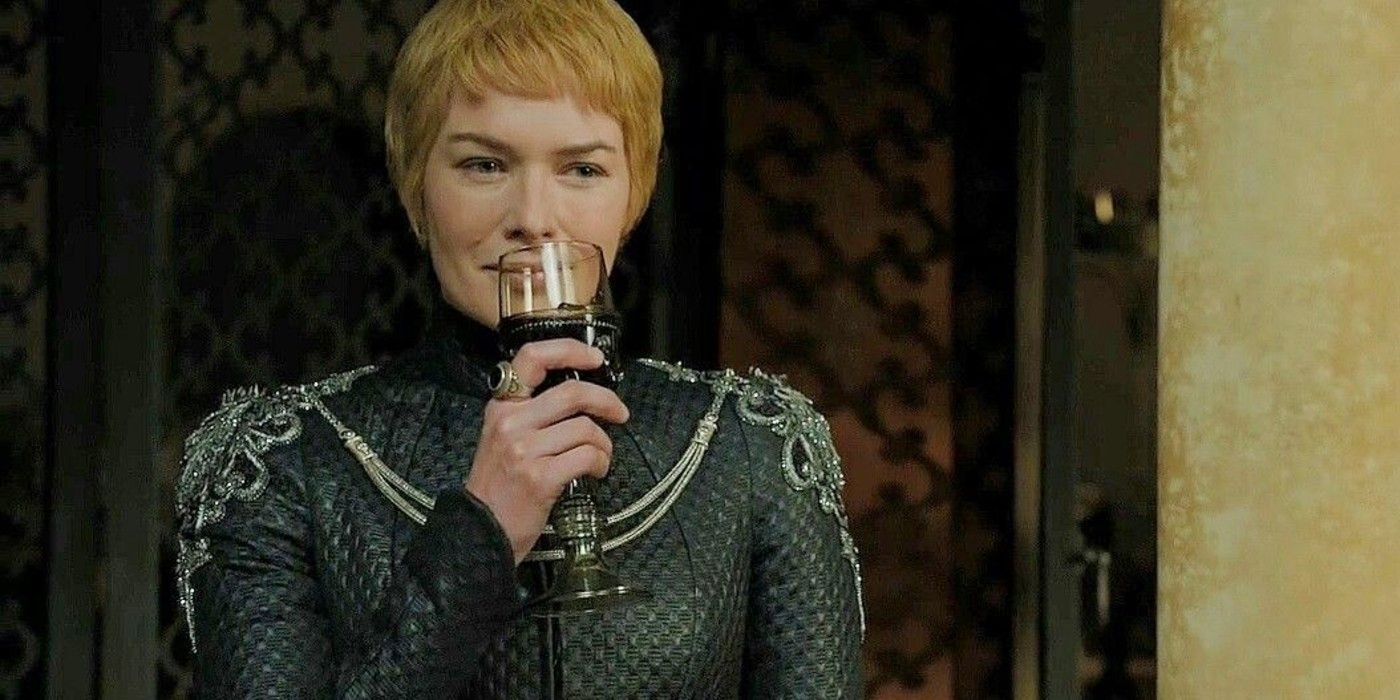
Despite being one of the most immoral families in Westeros, House Lannister was the show's favorite. If the Lannisters were not effortlessly routing their enemies, they were depicted as a badass necessary evil in the face of worse groups like High Sparrow's fanatics. This could've worked in a morally complex epic, which Game Of Thrones isn't.
The Lannisters committed atrocities that were justified because of Machiavellian reasons, or the tyrant had a family. As a result, the show's touted moral ambiguity was questionable at best. The worst instance was Cersei and Jamie's incestuous relationship, which was originally shown to be twisted yet human, before it was romanticized in the finale when they died together.
7 Bran Stark Becoming King Is Questionable At Best
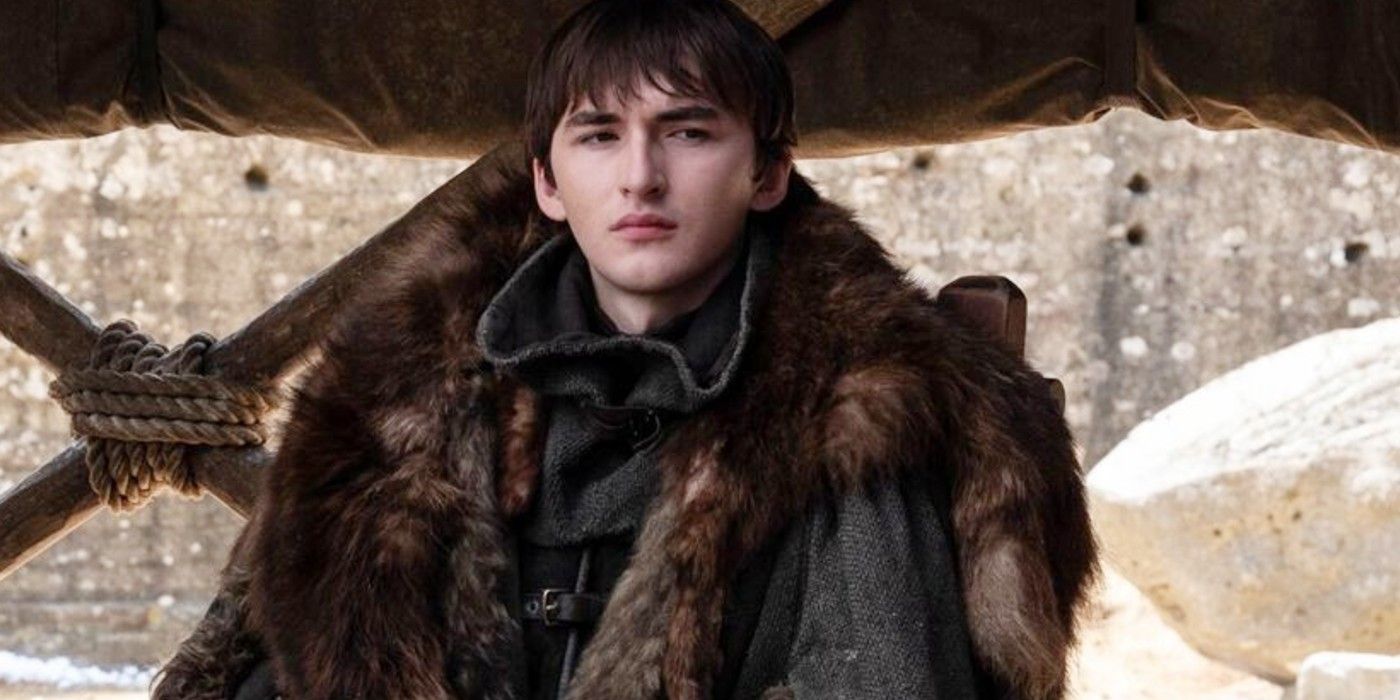
At the series' end, the surviving nobles voted Bran The Broken be the new king of the Seven Kingdoms not because he's a gifted politician or a virtuous moral leader, but because he has - as Tyrion put it - a good story. Additionally, Bran's lack of political ambition or ability to prolong the Stark bloodline bolstered his case for kingship.
In brief, this is a celebration of mediocrity and a vilification of ambition. Bran's lack of political interest and his absence from Westeros' world-changing wars were rewarded with the most powerful position in the land. Meanwhile, Daenerys, who genuinely wanted to change the world for the better, was treated like an idiot and a would-be villain.
6 Jon Snow's Prophecy Went Absolutely Nowhere

From the very beginning, it was obvious that Jon Snow, the illegitimate Stark son, was destined for great things. It's only revealed seasons later that Jon is actually the son of Rhaegar Targaryen, which makes him the legitimate heir to the Iron Throne. That, and he was also prophesized to be the one who'd end the Night King and save Westeros.
Neither of these paid off properly, though. Bran got the Iron Throne, and Arya killed the Night King. Jon, meanwhile, got punished for saving Westeros from Daenerys' sudden wrath. Jon's potential to either be Westeros' savior or a deconstruction of one were wasted in the final season, where he was reduced to a bystander who didn't want to bug his queen too much.
5 Daenerys Targaryen's Villainous Turn Was A Cheap Twist That Destroyed Her Character
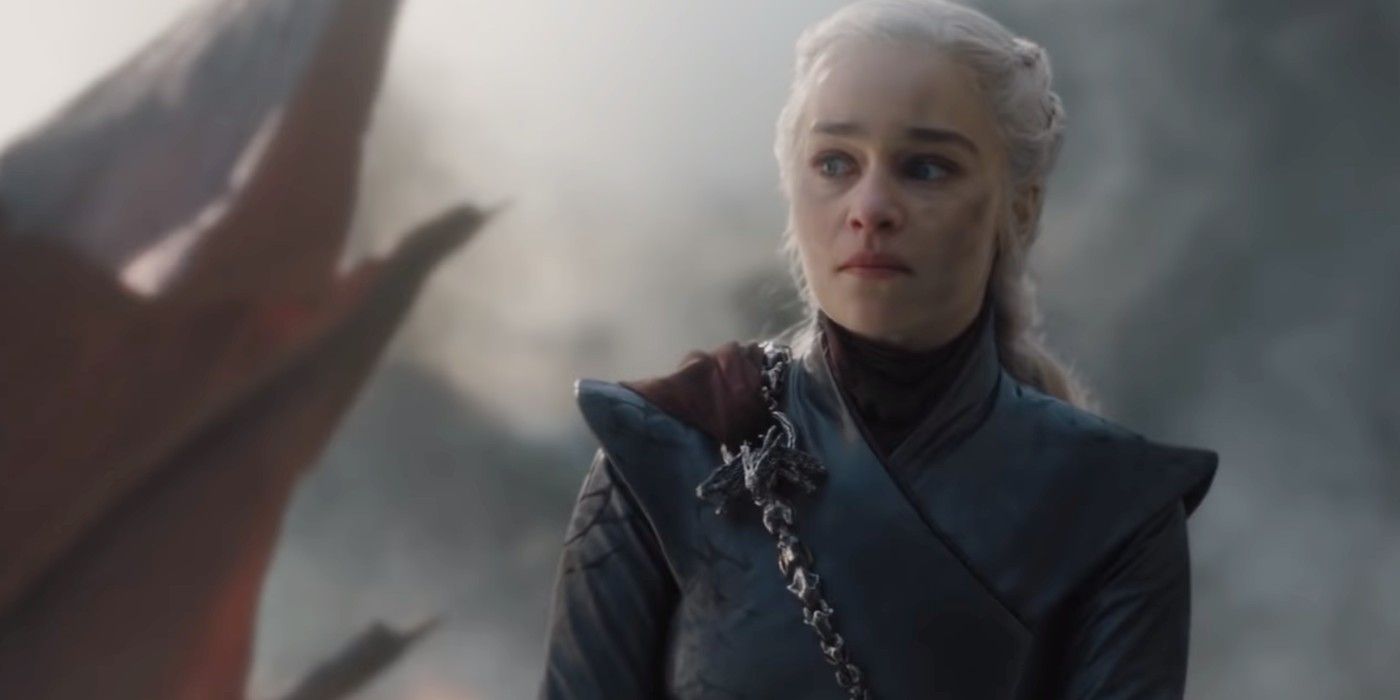
There's nothing more infamous in Season 8 than the demolition of Daenerys, who went from naïve but determined ruler to genocidal warlord after a few bell rings. Daenerys being just as bad or even worse than her rivals for the Iron Throne would've been a perfectly tragic ending if her characterization in earlier seasons actually led up to it.
From her first episode, Daenerys was a morally strong freedom fighter who rallied Westeros' oppressed under one ideal. For this, Daenerys is constantly condescended upon and was nonsensically turned into the biggest evil to defeat. A lot has already been said about Daenerys' tarnished legacy, and she's become the poster girl for everything wrong in Game Of Thrones.
4 The Finale's Sequel Hooks Were Premature & Self-Congratulatory
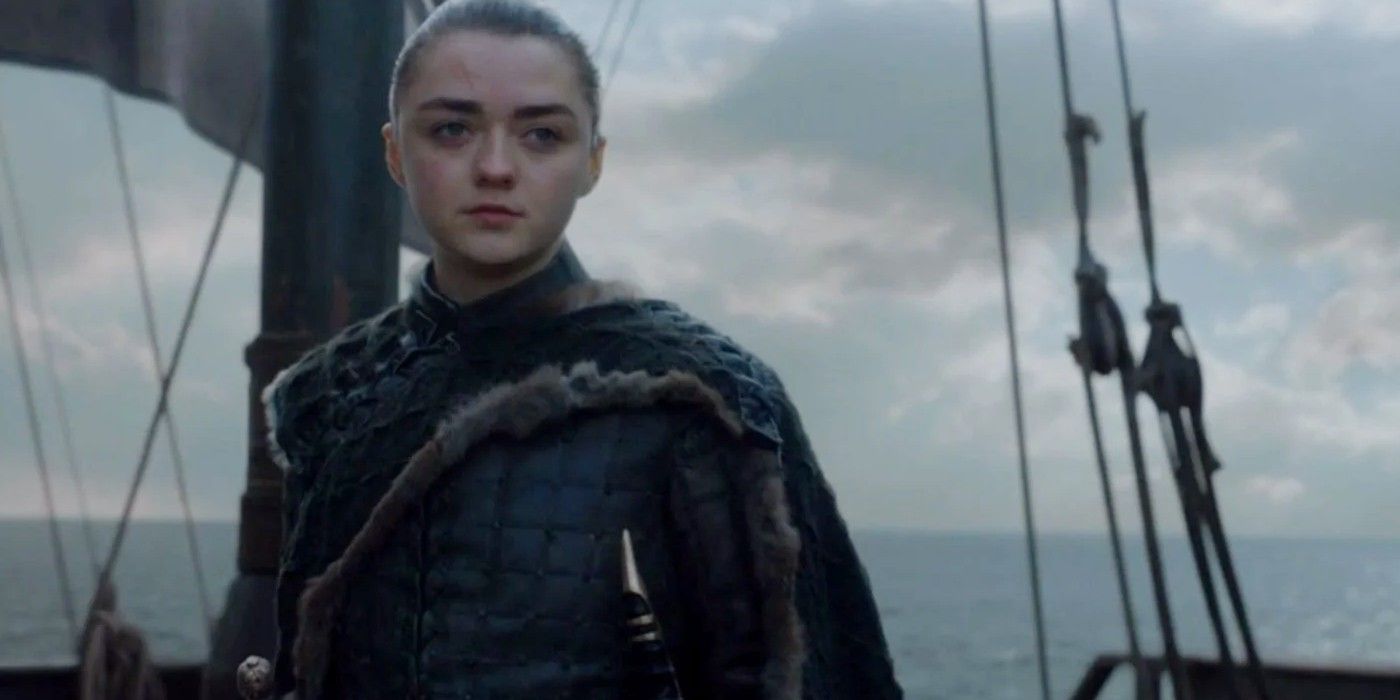
The last Game Of Thrones episode closed with a montage, showing what was next for the Stark children and major players like Tyrion. Not only was this basically the show's victory lap, but it was an unsubtle sizzle reel promoting potential spin-offs, like a solo Arya adventure through Westeros or Sansa's reign over Winterfell.
Not only was this a premature announcement since some Game Of Thrones spin-offs were actually announced then quickly canceled following the show's fall from grace, but it was a self-satisfied closure instead of a fulfilling one. The fight for Westeros' very existence is over but apparently, teasing spin-offs that won't see the light of day was more important.
3 Diverging From The Books From Season 5 Onwards Was A Bad Idea
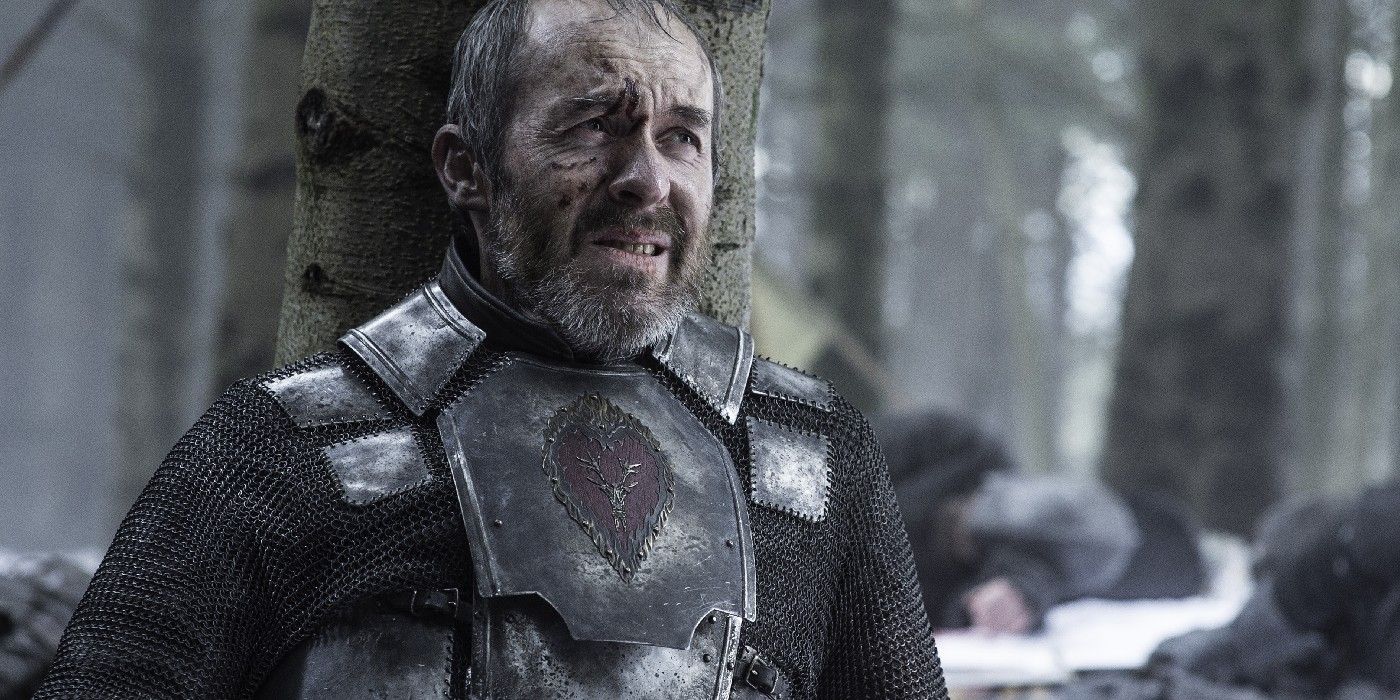
Game Of Thrones was faithful to the books up until Season 5, when it made massive changes such as the death of Stannis Baratheon. Originally, this seemed fine; Martin still hasn't finished the last two books, but he gave showrunners David Benioff and D.B. Weiss a detailed outline to follow. Unfortunately, they wrote a new, worse narrative.
Not only did the story and dialogue become more simplistic and predictable, but certain creative choices were made in service to the fans instead of the narrative (ex. Arya's increased prominence). Worse, the new vision contradicted everything set up by earlier seasons. Martin leaving production after Season 4 should've been a sign of things to come.
2 The Rampant Sexual Violence Against Women Is Exploitative & Unnecessary
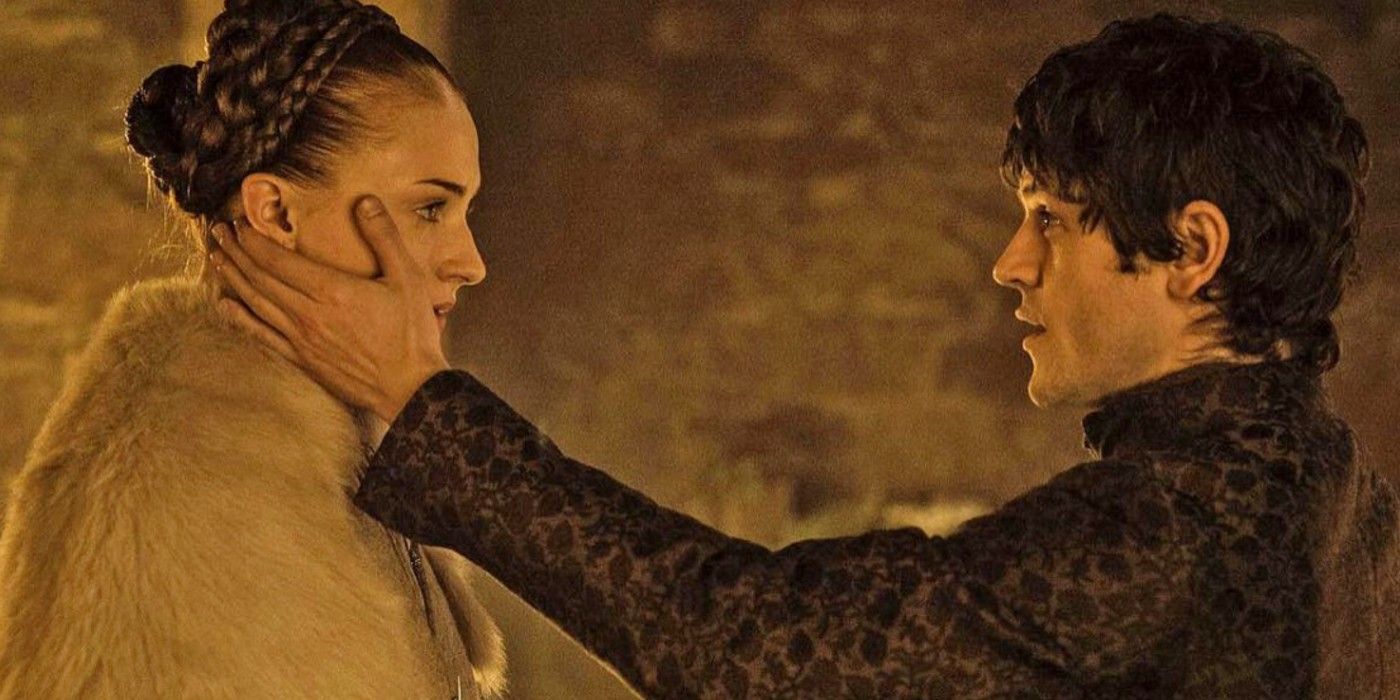
Game Of Thrones is synonymous with sex and violence, with the former sparking the most controversy. The most common defense for the women's countless assaults and nude scenes was that they were necessary for tone and character development. Since they were just there for worldbuilding, such scenes come off as unnecessary and even offensive.
These scenes had more in common with sleazy '70s sexploitation movies than mature dark fantasy, so much so that some of the cast have since regretted ever agreeing to them. Sansa's story is one of the worst cases, where her assault at Ramsay Bolton's hands was contextualized as a necessary building block to her growth and maturity.
1 Game Of Thrones Validated Wheels Instead Of Breaking Them
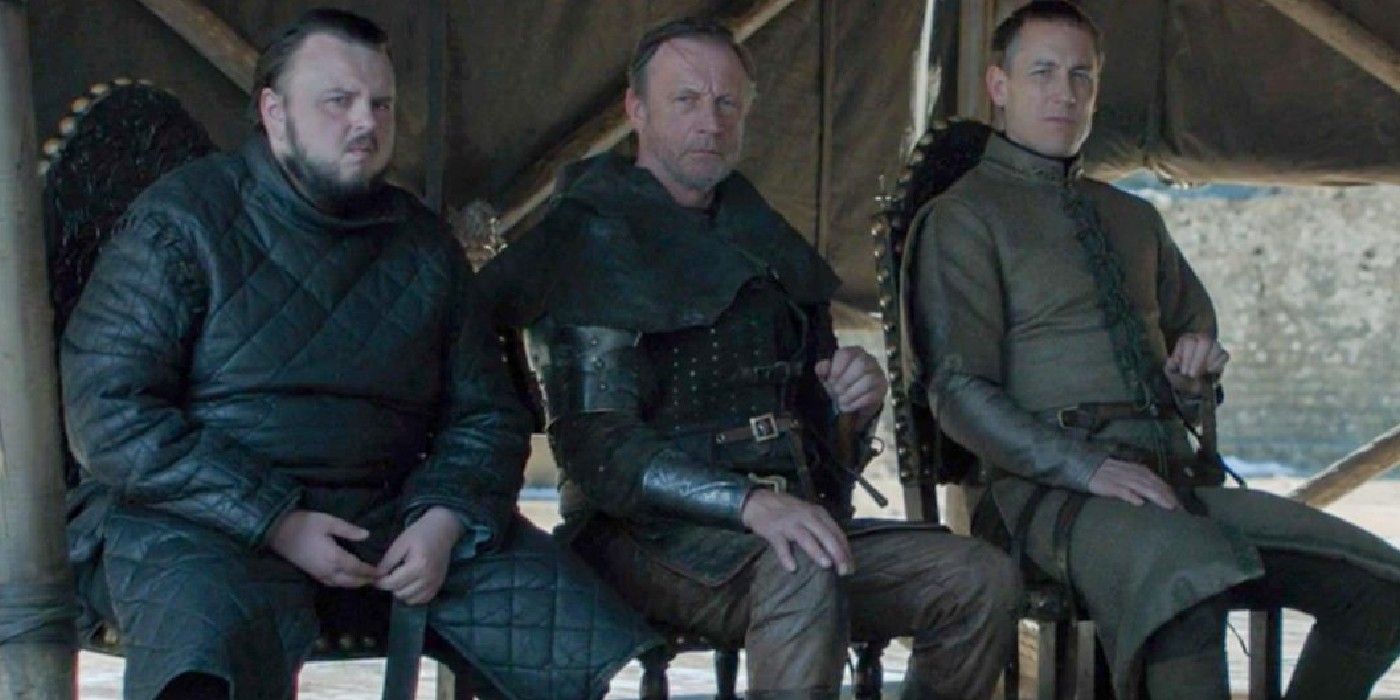
When it was still following the books, Game Of Thrones deconstructed how fantasies romanticized the Medieval Ages. The rebirth of ancient beings, magic, and the undead only pushed a self-destructive feudal society like Westeros closer to Armageddon, and the only solution was to "break the wheel" or force seismic systemic and social changes.
Instead, the elite families killed off some "bad apples" and rewarded themselves for saving Westeros. They even went as far as laughing at Sam Tarly when he dared suggest that they democratize power and let the laypeople vote for the next king. This, despite said royals having just survived the end of the world that only became as dire as it did because of the insidious system that enabled their bloodlust and treachery.
0 Comments